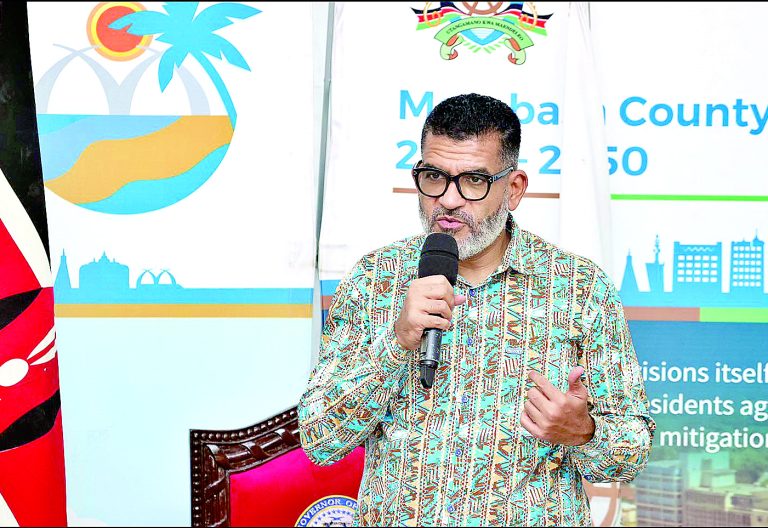Continuing abductions signal descent into tyranny
By Hansen Owilla, December 30, 2024In recent weeks, the alarming resurgence of abductions and forced disappearances has reignited a debate about the role and integrity of the National Police Service (NPS). The question remains: which is worse – an uninformed NPS that cannot protect citizens from these heinous acts, or an NPS complicit in perpetrating them? This grim dichotomy points to a crisis that goes beyond policing, striking at the heart of governance, accountability, and the social contract between citizens and the state.
Kenya is no stranger to the scourge of forced disappearances. Human rights organisations have repeatedly flagged the growing trend of extrajudicial actions targeting dissenters, activists, and, in many cases, innocent civilians caught in the crossfire of political machinations. These acts, whether carried out under the guise of counterterrorism or political containment, expose a troubling erosion of the rule of law. An NPS unable to prevent such acts reflects a failure in capacity, oversight, and professionalism. However, an NPS actively engaging in abductions signals something far graver: a descent into tyranny.
A police force’s primary duty is to uphold the law and protect citizens. When it turns predator, citizens’ trust in state institutions crumbles. The consequences are dire—an emboldened culture of impunity, widespread fear, and a silenced populace unable to exercise their democratic rights without fear of being trailed, arrested, or held incommunicado. The abductions must stop, unequivocally. Any justification for them, whether rooted in maintaining order or silencing dissent, is indefensible in a democratic society.
But as we hold the State accountable for its actions, citizens, too, must take care to ensure that civil disobedience, a legitimate form of protest, does not devolve into depravity. While anger and frustration with the regime may run high — particularly among young Kenyans who feel betrayed by unmet campaign promises — protests must remain within the bounds of decorum and legality. Violence, looting, and destruction of property weaken the moral high ground of any protest and provide fodder for those seeking to delegitimise legitimate dissent.
We must remember why we elected this regime in the first place. On a wave of populist promises, this government came to power buoyed by the hope and trust of millions of Kenyans. Its rhetoric of reform, accountability, and economic revival resonated with a citizenry tired of graft, stagnation, and neglect. However, populism without delivery breeds disillusionment. The electorate’s expectations have given way to anger and frustration, particularly as reports of abductions emerge alongside reckless statements from senior politicians, further inflaming tensions.
The refusal to bring the perpetrators of these abductions to book is not just a betrayal of trust; it portends a dangerous and dark period for Kenya. If left unchecked, this culture of impunity could unravel the fragile fabric of our democracy. The rule of law must prevail, and accountability must be the cornerstone of governance. Citizens have a moral responsibility to hold the regime accountable, but this must be done with decorum and without fear. Fear erodes agency, and agency is the cornerstone of any functioning democracy.
What is the way forward? First, the state must act decisively to end the abductions and forced disappearances. A transparent investigation into these acts, coupled with accountability for those responsible, is non-negotiable. The NPS must be reformed to restore its credibility and capacity to protect citizens. Second, political leaders must exercise restraint and responsibility in their rhetoric. Reckless statements have consequences, and the leadership’s words should be a balm to the nation, not an accelerant to its divisions.
This is our moment to reaffirm the values that bind us as a nation. Let us not squander it.
—The writer is a media studies Researcher-
More Articles

